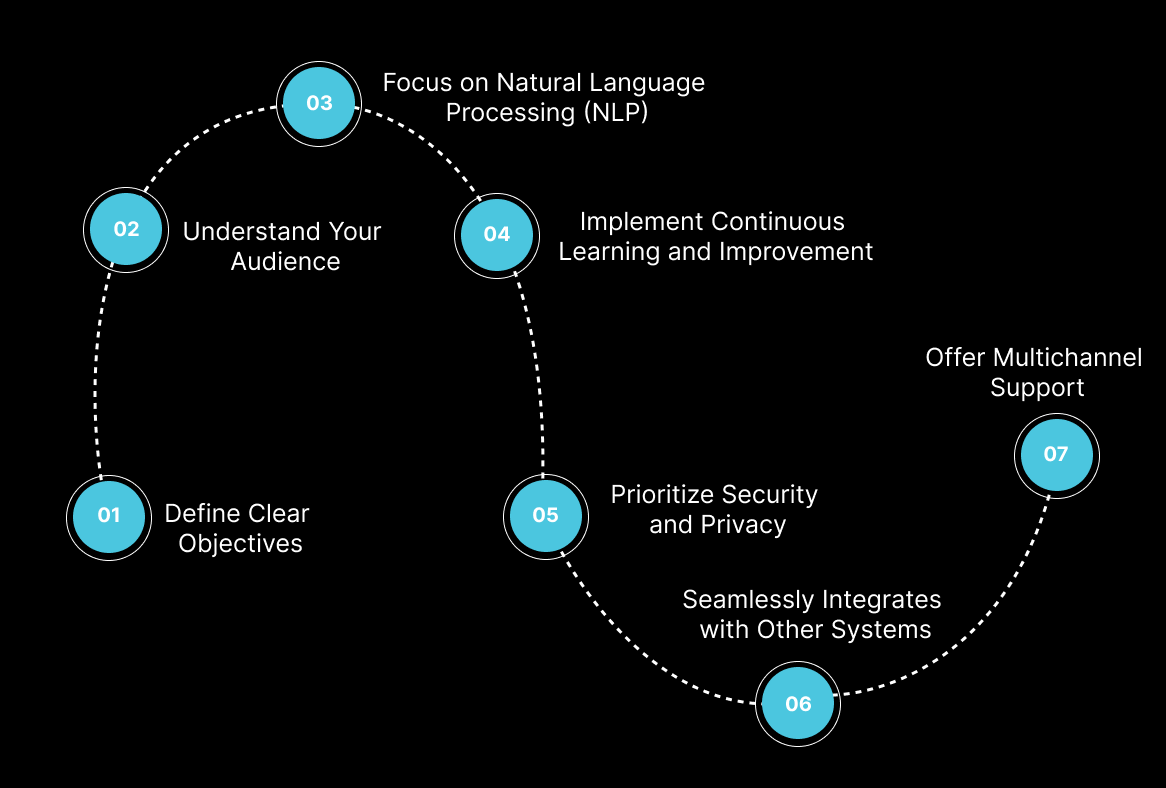For small retailers, inventory management has traditionally been a delicate balancing act. Overstock ties up capital and warehouse space; understocking means lost sales and disappointed customers. This challenge has only intensified with the rise of e-commerce and omnichannel retail expectations.
Artificial intelligence is now making enterprise-grade inventory management accessible to small and medium-sized retailers. These AI-powered systems are revolutionizing how local shops forecast demand, manage stock levels, and make purchasing decisions—creating efficiencies once available only to retail giants.
The Inventory Challenge for Small Retailers
- Capital constraints limiting stock variety and depth
- Manual inventory counts consuming valuable staff time
- Difficulty predicting seasonal demand fluctuations
- Limited visibility into inventory performance metrics
- Stockouts leading to lost sales and customer disappointment
- Excess inventory resulting in markdowns and waste
How AI Transforms Retail Inventory Management
Real-World Applications for Small Retailers
Cost-Effective Implementation Strategies
Measuring ROI and Performance Improvements
Conclusion
AI-powered inventory management represents one of the most impactful technologies small retailers can adopt to remain competitive in today's challenging market. By optimizing stock levels, predicting demand, and automating routine tasks, these systems free up both capital and human resources.
The democratization of AI technology means small retailers no longer need to rely on intuition and spreadsheets to manage their most significant asset. With affordable, accessible solutions designed specifically for small business needs, local retailers can now leverage the same sophisticated inventory intelligence that was once the exclusive domain of retail giants.
For small retailers looking to improve cash flow, reduce waste, and ensure products are available when customers want them, AI inventory management isn't just a technological luxury—it's becoming an essential tool for survival and growth in the modern retail landscape.
Ready to transform your business with AI?
Our team of experts is ready to help you implement the strategies discussed in this article.
Schedule a ConsultationAlexandros Aidonis
Founder & CEO
Alexandros Aidonis is the founder and CEO of AIdonis, specializing in AI solutions for local businesses. Alex is passionate about helping small businesses leverage AI to compete with larger enterprises.




